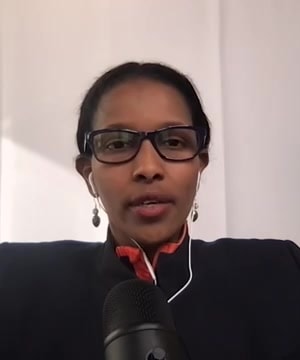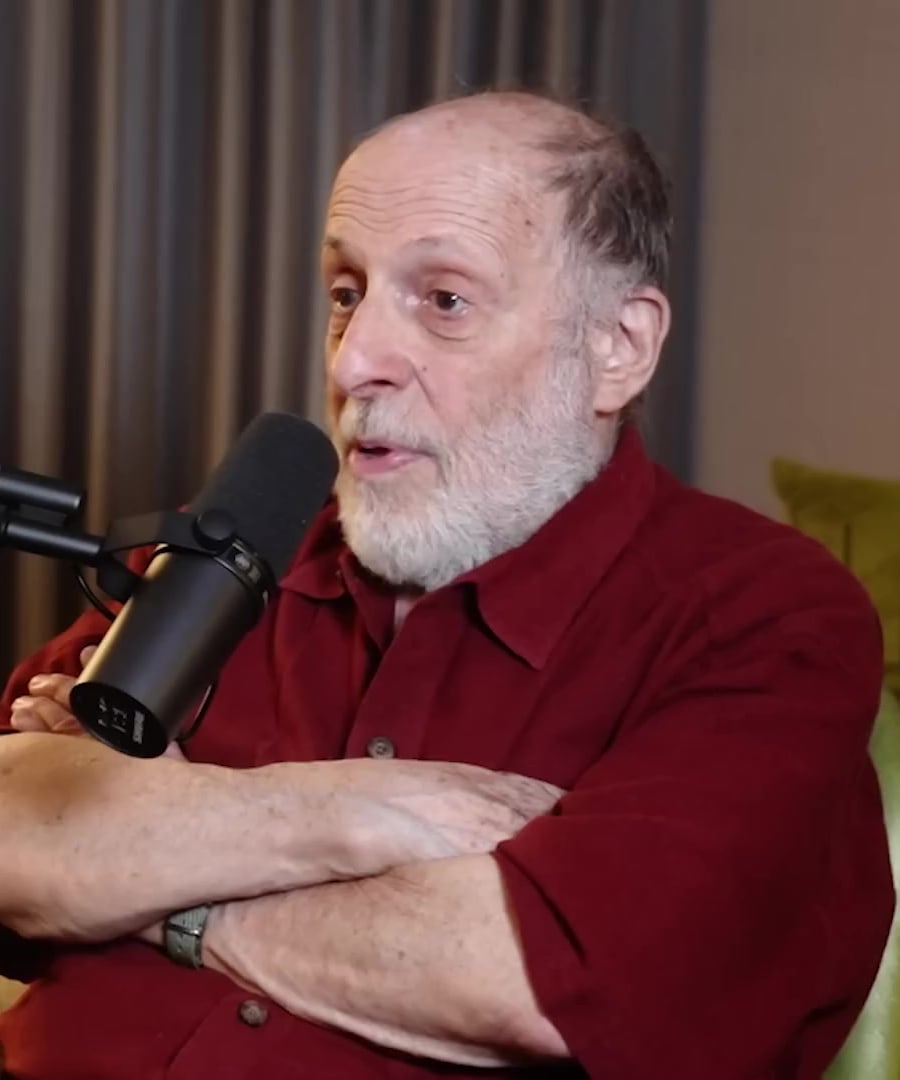Are there threats to free speech?
Sources:
Several experts have voiced concerns about threats to free speech from various perspectives:
-
Political Manipulation: According to , there are accusations that political groups, especially on the left, often label opposing viewpoints as "hate speech" or "incitement" to justify shutting them down. This includes stances against Trump's rhetoric or conservative viewpoints being tagged as threats to free speech itself 1 2.
-
University Policies: discusses internal threats from universities where the freedom to discuss controversial subjects is curtailed. She highlights that threats to free speech now come from within, particularly academic institutions enforcing restrictive speech codes that hamper open discourse 3.
-
Government and Corporate Regulation: Shapiro also critiques the role of government and social media companies in moderating content. He points out the paradox where increasing control to curb "disinformation" or "hate speech" might actually infringe on free speech, leading to a dangerous precedent where entities determine acceptable speech, potentially in a biased manner 2 4.
-
Legal Exemptions and Cyber Bullying: notes that while free speech in the U.S. is nearly absolute, it does have specific limits, such as on defamation and direct threats. The challenge remains in the gray areas where cyberbullying and online harassment can impact individuals significantly without clear legal remedies 5.
-
Public Good Argument: Shapiro further warns against using broad and vague terms like "public good" or "human dignity" to restrict speech, as seen in some European models. He argues that such measures pose a greater risk to democracy than the threats they aim to mitigate 6 7.
In summary, threats to free speech can come from political agendas, university policies, government regulations, corporate actions, and ambiguous legal standards. Addressing these threats involves balancing the protection of individuals and maintaining robust free speech protections to safeguard democratic values.
RELATED QUESTIONS-




